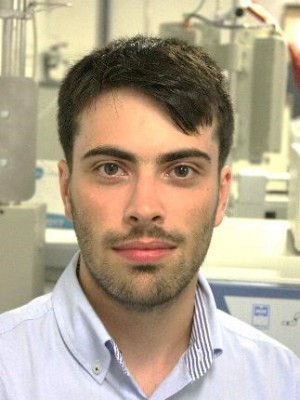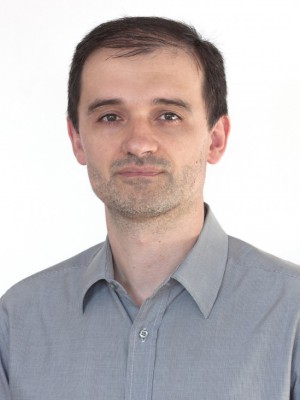resumo
Experimental diffusivities are scarcely available, though their knowledge is essential to model rate-controlled processes. In this work various machine learning models to estimate diffusivities in polar and nonpolar solvents (except water and supercritical CO2) were developed. Such models were trained on a database of 90 polar systems (1431 points) and 154 nonpolar systems (1129 points) with data on 20 properties. Five machine learning algorithms were evaluated: multilinear regression, k-nearest neighbors, decision tree, and two ensemble methods (random forest and gradient boosted). For both polar and nonpolar data, the best results were found using the gradient boosted algorithm. The model for polar systems contains 6 variables/parameters (temperature, solvent viscosity, solute molar mass, solute critical pressure, solvent molar mass, and solvent Lennard-Jones energy constant) and showed an average deviation (AARD) of 5.07%. The nonpolar model requires five variables/parameters (the same of polar systems except the Lennard-Jones constant) and presents AARD = 5.86%. These results were compared with four classic models, including the 2-parameter correlation of Magalhaes et al. (AARD = 5.19/6.19% for polar/nonpolar) and the predictive Wilke-Chang equation (AARD = 40.92/29.19%). Nonetheless Magalhaes et al. requires two parameters per system that must be previously fitted to data. The developed models are coded and provided as command line program.
categoria
Chemistry, Physical; Materials Science, Multidisciplinary; Metallurgy & Metallurgical Engineering; Physics, Applied; Physics, Condensed Matter
autores
Aniceto, JPS; Zezere, B; Silva, CM
nossos autores
Projectos
CICECO - Aveiro Institute of Materials (UIDB/50011/2020)
agradecimentos
This work was developed within the scope of the project CICECO-Aveiro Institute of Mate rials, UIDB/50011/2020 & UIDP/50011/2020, financed by national funds through the Foundation for Science and Technology/MCTES, as well as the Multibiorefinery project (POCI-01-0145-FEDER-016403). Bruno Zezere thanks FCT for PhD grant SFRH/BD/137751/2018.




